I have never written a blog before so please bear with me. My name is Carol. I’m in my early 50s and 5 years ago was diagnosed as Dyspraxic right at the end of the first year of my Psychology (BSc) degree in 2017, aged 47. I grew up in the 1970s and 80s when Dyspraxia was much less known than it is today. In fact, it was commonly referred clumsy child syndrome. For me, as a child, my developmental milestones such as walking, talking, fine and gross motor skills were delayed due to being born at 26 weeks. I also had a brain haemorrhage at 2 weeks. Growing up I always felt very different from my peers. I found very early on that I couldn’t learn things like the other kids and was considered quite stupid. In secondary school, from the age of 11 I was placed in a class of kids who were academically challenged. As an adult looking at this retrospectively, the other kids probably perceived me as being odd on top of everything else which made me a target to be picked on or ignored. I always had the feeling that the teachers never really noticed me as I was incredibly shy and talking or interacting with people felt physically painful most of the time. Now as an adult I understand that I’m possibly Autistic and it’s not surprising that I struggled the way I did socially growing up.
Leaving school in 1986 with no qualifications and being so shy, building an independent life was certainly a challenge, especially with having my first child at 19. Fast forward to 2016 and I still don’t know how but I found myself at Leeds Beckett University studying Psychology. Several years earlier I had been diagnosed as Dysthymic which is a mood disorder which, at the time, I disputed. Before enrolling on my degree, I registered with disability services who arranged for academic support, however, I still felt I was struggling and couldn’t understand why on earth I was accepted onto the course, classic imposter syndrome! Towards the end of that first year, I couldn’t shake the feeling that something was going on cognitively for me in terms of my ability to learn and retain information. My instincts told me that this was not Dysthymia but something else. Cue the referral to an educational psychologist and my Dyspraxia diagnosis.
I am hardwired to question everything so, naturally, I questioned this, thinking it was a type of Dyslexia and as far as I was concerned, I could spell ok so this was definitely another misdiagnosis. However, after spending some time researching, I realised that yes. They’d got it right and I am indeed Dyspraxic.
So now I know myself and my neurology better, I have found that many of the parts of my jigsaw have begun to fit together. After a whole lifetime of feeling inadequate and ashamed of who I am, I am now so much more accepting of myself which has led to me actually understanding and liking myself better, especially my quirks and “oddisms” which I tend to refer to as my “inner oddbod”. We have definitely made friends over the last couple of years since finishing my degree.
I now feel I am much closer to being my authentic self, the person I am meant to be and I can’t begin to tell you how proud I am of her, of me.


3 Comments. Leave new
A truly remarkable turn-around Carol, you should be very proud of all that you have overcome in the past and of all you have achieved despite your condition.
What a lovely honest account. I’m so pleased for you
Wonderful blog and website 😀